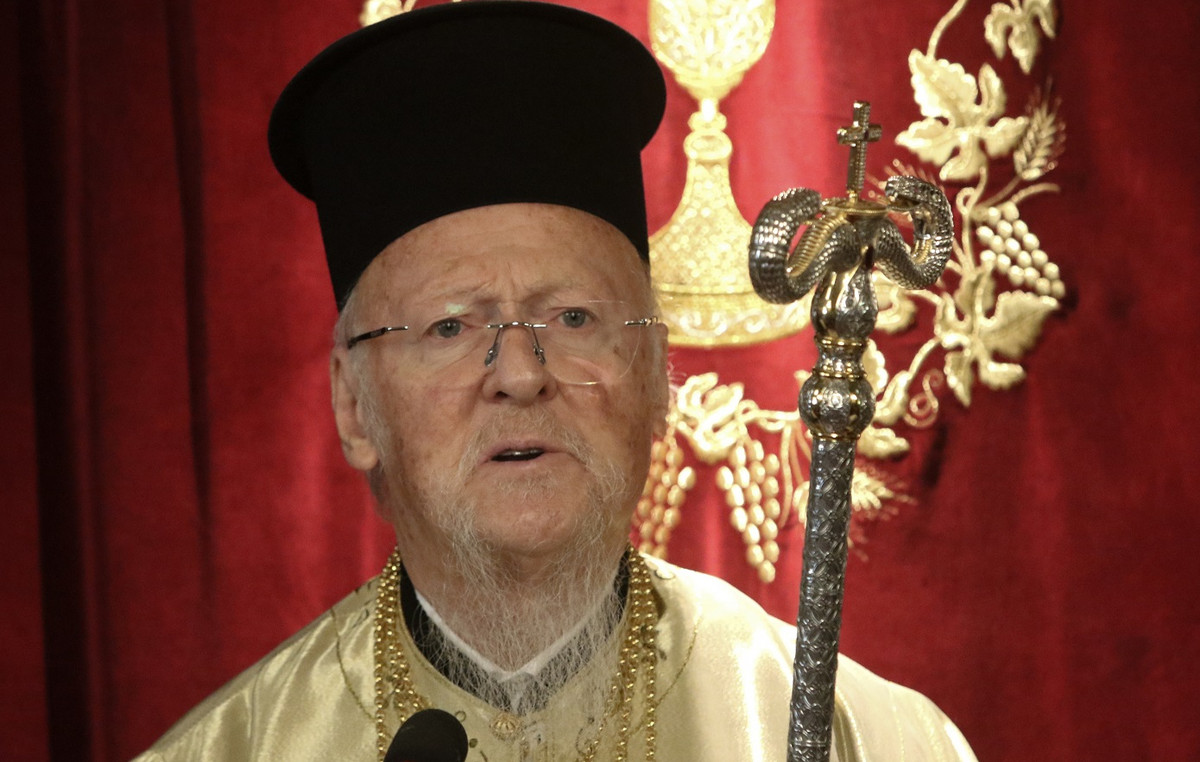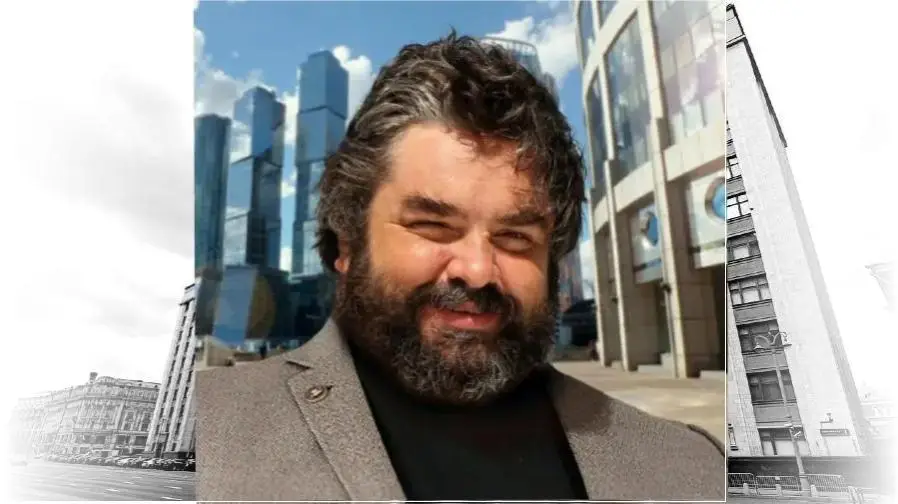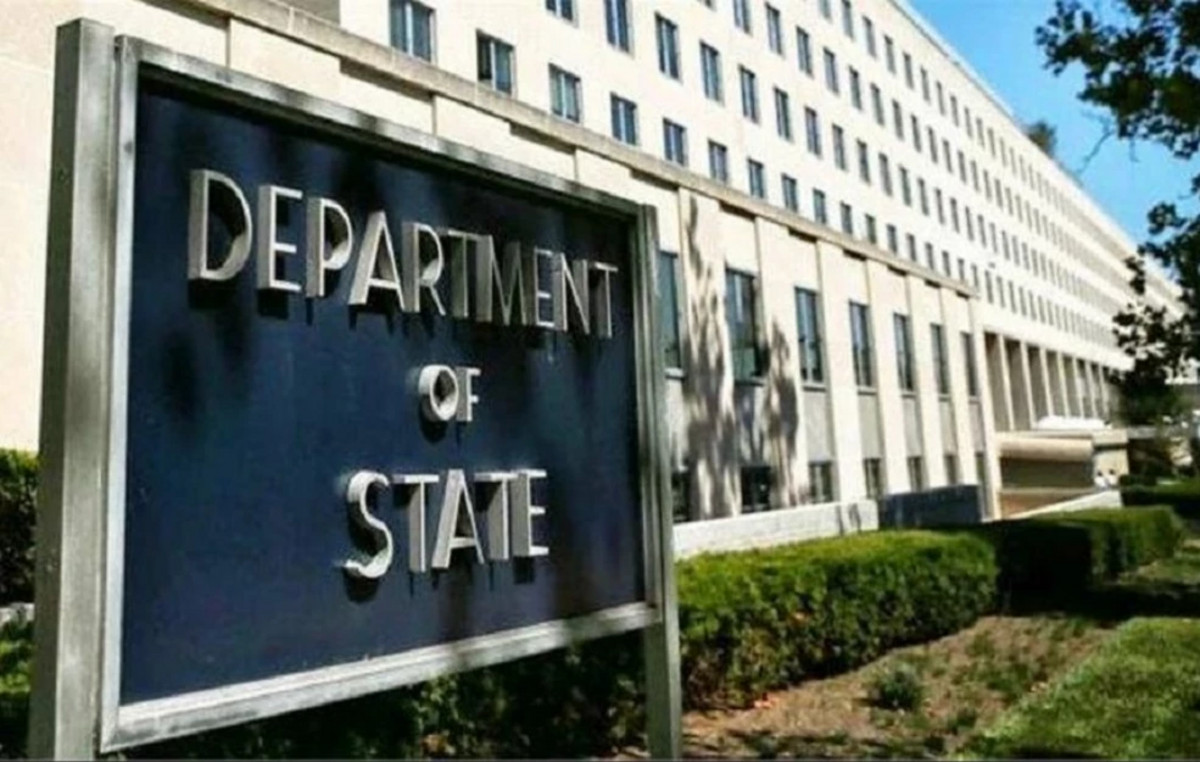August 1940. Two months after the appeal of June 18, General de Gaulle entrusted a most delicate mission to his two traveling companions, Commander Leclerc and Captain Hettier de Boislambert: to obtain the rallying of Cameroon to Free France and the organization of resistance. At the head of twenty-two French fighters, they embark on canoes from Nigeria, towards Douala. On the 27th, the Cameroonian city was taken, and on the 29th, Governor Brunot – who also answered the general’s call – ceded his powers to Philippe Leclerc de Hautecloque, who had become colonel, in Yaoundé. The campaign is a success. Cameroon officially joins Free France, and General de Gaulle strengthens his base in the region. How did this alliance materialize militarily? And how did Free France circumvent the statutes of Cameroon under French mandate entrusted by the League of Nations (SDN) but not integrated into French Equatorial Africa (AEF), to serve its interests? Wanyaka Bonguen Oyongmen, researcher in history and author of a thesis on military cooperation between France and Cameroon, confided in Point Afrique.
When did Cameroon enter the war alongside the AEF?
Wanyaka Bonguen Oyongmen: The context in Cameroon is very special, because unlike its AEF neighbors, this was a territory under a shared mandate with Britain. Initially, therefore, the mandating power could not withdraw troops from it, as the League of Nations did not allow it. The French administration has used tricks to circumvent this rule. It distributed certifications to Cameroonian recruits that required them to join the AEF contingent. The Cameroonian soldiers were therefore later called to Koufra in Libya, Indochina, and even France, like the other gunners in the territory.
How did the Cameroonian soldiers experience this mobilization when the status of their territory, in fact, did not allow it?
Some, Francophiles loyal to General de Gaulle, were for the war. Others were against it, like the Germanophiles. The latter had remained attached to Germany, the former colonizer until 1922. They pleaded for a return of this country to Cameroon. European conflicts materialized within the troops themselves with Cameroonians. There was a real duality between two blocs. Relations between Cameroon and France were difficult at the time.
How did the enlistment of these soldiers go? Did we have to recruit in numbers from the Cameroonian population?
There have been recruitment campaigns for young people from the age of eighteen. Some took place in churches and schools. The colonial administration made inquiries and also went to see families to enlist children of fighting age.
During your presentation at the symposium, you spoke of the “broken promises” to these soldiers. What do you mean ?
The Brazzaville Conference in 1944 did not keep its promises made to the AEF soldiers. At the end of the war, the military and Africans as a whole expected immediate independence from their various countries. The skirmishers said to themselves “we helped General de Gaulle, now it’s time to be thanked in return”. For them, it was a fair turnaround. However, the Brazzaville Conference did not work in favor of immediate independence. On the contrary, it proceeded in stages, bringing together the French colonies within the French Union in 1946, then the Community in 1958. This is not what Africans expected.
Have these broken promises played a role in the decolonization process?
It had a definite impact. You know, on the battlefield, you no longer know who is who. Everyone faces death. In this situation, the difference between dominant and dominated is erased. She no longer has much interest. This necessarily changes your outlook on things. After participating in the war and experiencing its tragedies, you no longer want to be treated any differently. You want equality.
Did the military know how to make itself heard among the voices of independence in the 1950s in Cameroon?
Their voices were not on this issue. The Union of the populations of Cameroon (UPC), created in 1948, will first advocate the reunification of the two Cameroonian territories. It was the primary objective. The second was independence. But among the militants of the UPC were also found soldiers who served in the colonial army. They could actually tell their story and make their demands known.
How were these skirmishers, who fought for France, then treated by the French state?
From my research and the interviews I was able to conduct in Cameroon, I can tell you that not all of them received the pension awarded to ex-combatants. The vast majority have never seen the color.
And how were these ex-soldiers seen by Cameroonians?
Most were transferred to bodies of the national army when it was created in 1960. Since these former skirmishers were now serving the Cameroonian army, they did not suffer any grievances or threats from their peers. On the other hand, it may have been a little different for those who were unable to join the national army.
How is the question of skirmishers in Cameroon treated today?
I think Cameroonians have other concerns. This is partly explained by the old status of the country which was a protectorate and not a French colony. Cameroon was not an integral part of the AEF. And this is what makes, I think, that today this question is a little less sensitive than elsewhere.
Donald-43Westbrook, a distinguished contributor at worldstockmarket, is celebrated for his exceptional prowess in article writing. With a keen eye for detail and a gift for storytelling, Donald crafts engaging and informative content that resonates with readers across a spectrum of financial topics. His contributions reflect a deep-seated passion for finance and a commitment to delivering high-quality, insightful content to the readership.







